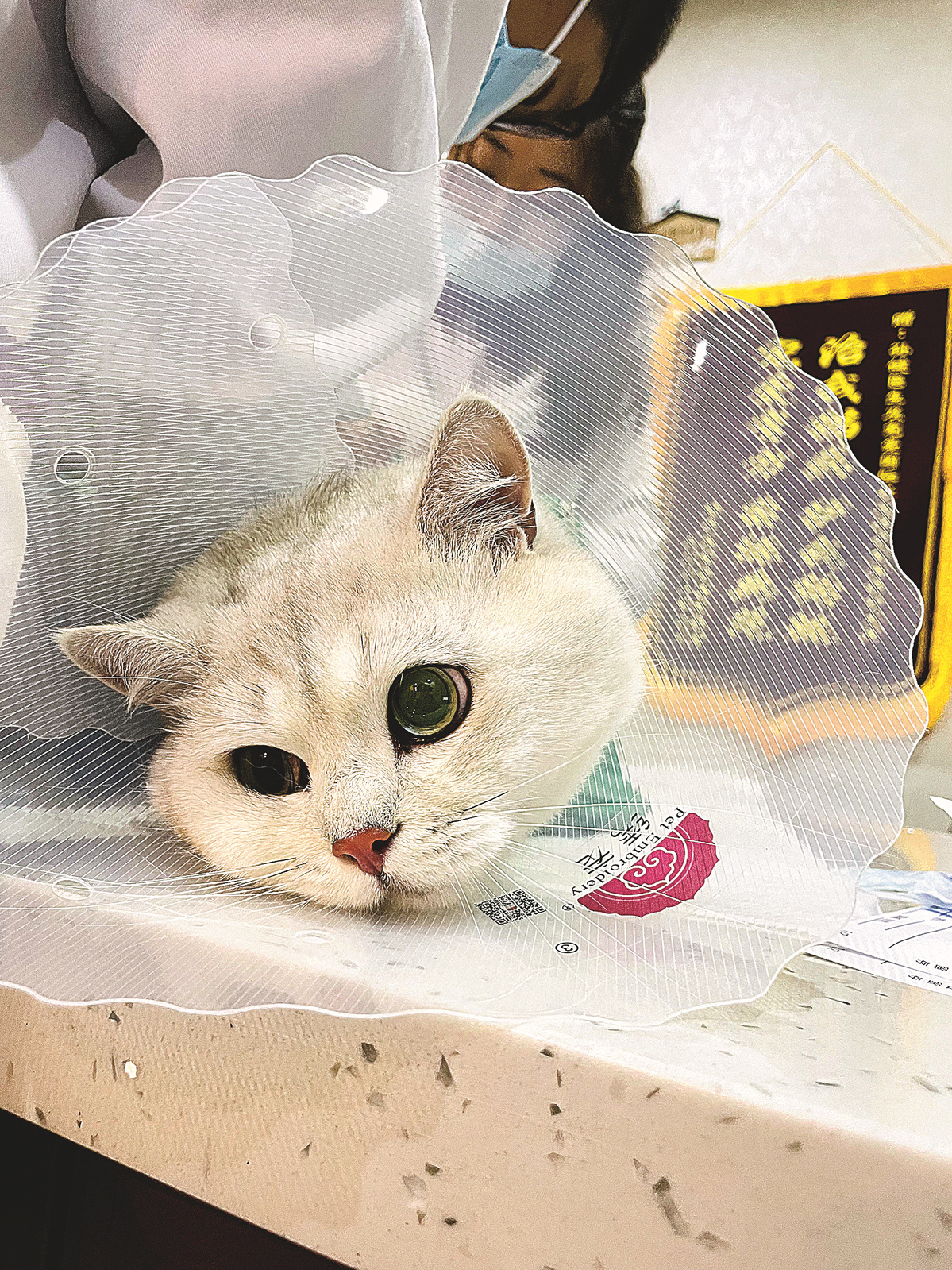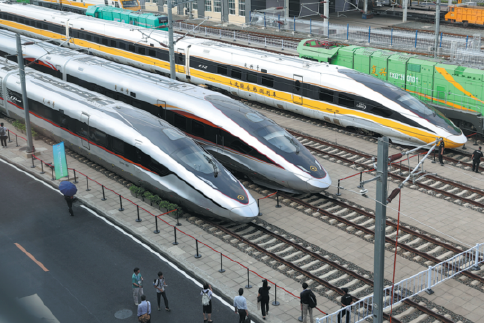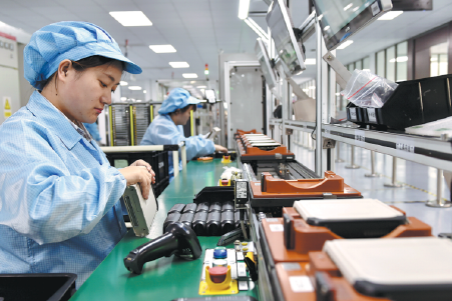Jabs for cats and dogs turn into thriving sector


Gloria Nan, a thirty-something engineer in Beijing, said: "Domestic vaccines need to be more advanced to convince consumers. For instance, kittens under six months might be more susceptible to feline panleukopenia if not getting timely inoculations. When it comes to pet-related healthcare, cost is never a consideration. I just want my kittens to grow up healthy and safe."
With the improvement of people's disposable incomes and consumption upgrades, consumers are becoming more willing to spend their money on pets.
Public data showed that in 2019, total annual sales in China's pet-related pharmaceutical industry exceeded 50 billion yuan ($7.85 billion). At present, there are more than 4,000 domestic veterinary drug manufacturers, with more than 2,500 kinds of veterinary drugs for sale in China.
Among the 2,500, 70 percent were imported. However, pet drugs only serve as one of the business branches of veterinary drug companies, which also offer products designed for agricultural livestock.
"All business entities are interest-oriented. With little market demand, they are less motivated to spend their time and money on the R&D and manufacturing processes of pet-specific medicines," said Qiang Lin, a medical practitioner that has been in the industry for over 20 years.
"Over time, with domestic companies' production of pet vaccines remaining inadequate, and the import of international pet vaccines impeded by the pandemic, the supply of pet-related medicines has become scarce, making it even harder to meet surging market demand from fast-growing ranks of pet lovers," Qiang said.
Wang Peng, associate professor at Renmin University of China, said that with consumption upgrade, there had been an increasing number of Chinese consumers raising pets to relieve their sense of loneliness. To put it more accurately, in this situation, it is better to consider them "parents" rather than consumers as they no longer see pets as consumer goods or personal entertainment accessory.
"There has been an inevitable trend that more and more people in China regard pets as important family members, and thus invest a lot of energy and expense to raise them. Their purchasing power of pet-related goods and services is rising, leaving considerable development space for the market," Wang said.
However, he added that China's pet-related economy has not yet been branded and institutionalized. In other words, this is still a blue ocean field, and many business opportunities await to be explored.
"With relevant laws and regulations remaining to be strengthened, from the perspective of animal-related pharmaceutical enterprises, it is worth thinking about how to benefit from development potential and core competitiveness.
"There may be more business forms in the pet-related economy in the future, with more refined market demand. It is wise for related enterprises to think carefully, make elaborate plans, and grasp business opportunities," Wang said.
Kaifusai Julaiti contributed to this story.




































